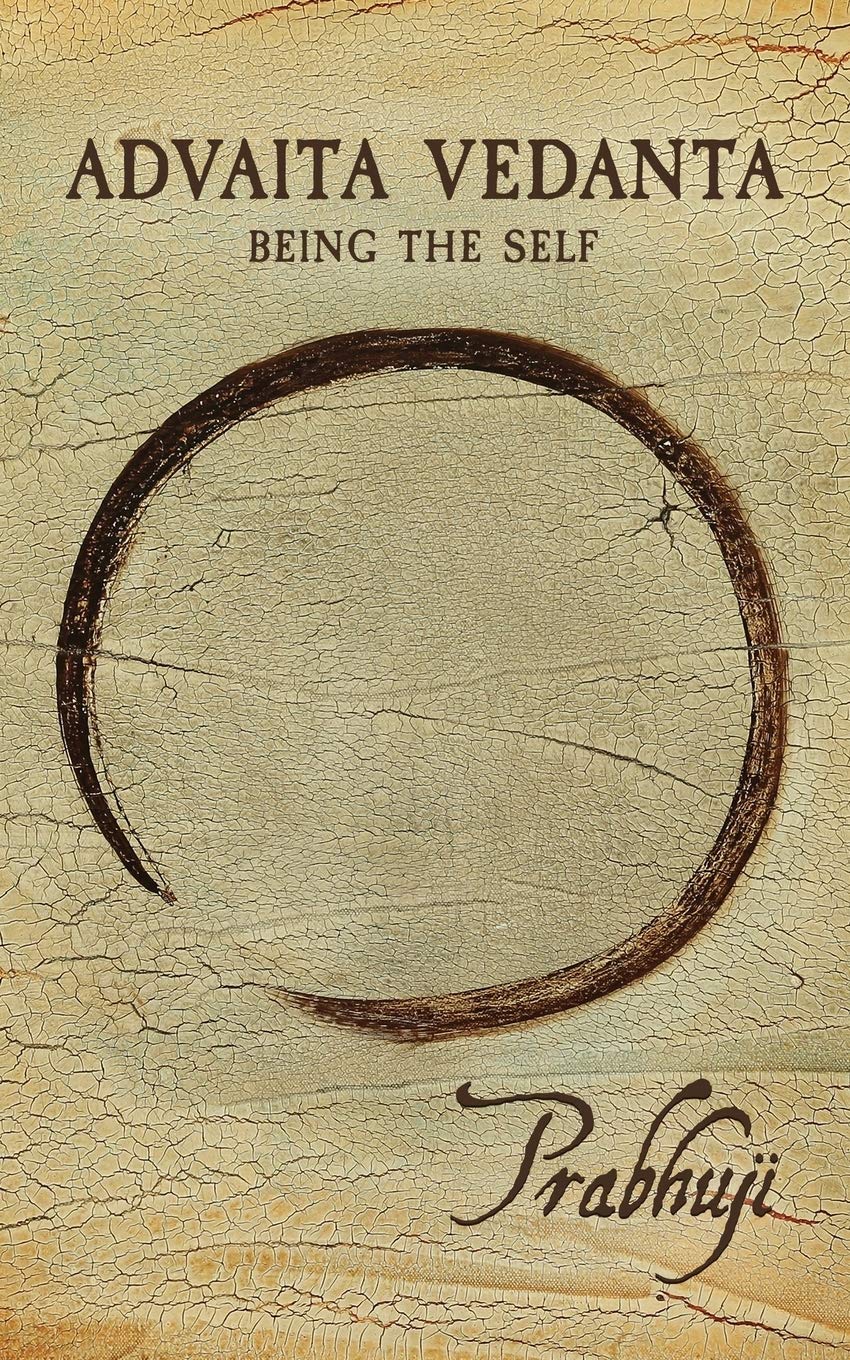Besides informing and teaching us, jñāna-yoga is here to remind us of our eternal solitude. Although we try to escape it, we find it in all times and places. Even if we manage to hide from loneliness in the company of friends, a partner, children, and grandchildren or to cover it up with a career, position, fame, and money, in the end, we will discover that it is impossible to completely destroy, annihilate, or make it disappear.
There are those who have danced a lot without being fond of dancing and those who have sung for hours without any real interest in music. Many people have written books without liking literature, have painted without an inclination for art, or have studied intensively without a passion for knowledge. So many people have converted the most beautiful things of this world into cold currency used to buy a handful of attention. Moreover, so many have hugged without sincere feelings, ready to prostitute themselves for a moment of warmth.
We need sincerity to recognize if we are really interested in clothes, cars, jewelry, money, trees, flowers, romance, family, stars, or strolls along the seashore. It is brave to admit that life has never really interested us and we have not lived but have only used life as a means to buy the energy of others and escape from the anguish produced by that immense emptiness called loneliness. But we should not forget that to use life as a means to obtain something else is the worst business deal of all. We should never be tempted to use our life to buy something else. Whatever we are offered in return is an illusion since, apart from life, nothing exists.
To look for a partner, get married, create a family, have children, and dream of grandchildren is beautiful if what we look for is love. Yet it would be really awful to discover that we have converted other human beings into the ground where we have buried our loneliness. Authentic friendship can only bloom when we do not need it. True appreciation and love can manifest only if we do not need to utilize someone as a means to solve our own problems. To escape from solitude is to try to flee from that infinite void; it is to attempt to rip away the feeling of insecurity, of not belonging to anyone or any place in particular.
However, jñāna-yoga reminds us that solitude is what we are, our authenticity.
We come into and depart from this world surrounded by people but completely alone. We live on this planet with many people, our blood relatives, kith and kin, and our close friends, yet none of them is close enough to reach us where we really are and put an end to our loneliness. Jñāna-yoga proposes acceptance: accept yourself and you will be revealed in all your glory. Accept the solitude within and your true nature will be unveiled in its full splendor.
To accept solitude is to climb the last four rungs of the ladder to our reality: enlightenment, evolution, elevation, and emancipation.
The first step is enlightenment, or awakening to our authenticity.
manuṣyāṇāṁ sahasreṣu
kaścid yatati siddhaye
yatatām api siddhānāṁ
kaścin māṁ vetti tattvataḥ
Out of thousands of humans, only one strives for perfection and out of those who strive for and have attained perfection, only one knows me in essence.
(Bhagavad Gita, 7.3)
Only by becoming aware of our solitude will we attain the realization of the One without a second, sac-cid-ānanda, which is the Self.
Oṁ prajñānaṁ brahma
Oṁ. Consciousness is Brahman.
(Aitereya Upanishad of the Ṛg Veda, 3.3)
The second step is evolution, or the jump from what we think we are to what we really are.
Oṁ ahaṁ brahmāsmi
Oṁ. I am Brahman.
(Bṛhad-āraṇyaka Upanishad of the Yajur Veda, 1.4.10)
The third step is elevation, or the perception of our soul beyond our ideas, concepts, and conclusions.
Oṁ tat tvam asi
Oṁ. You are that.
(Chāndogya Upanishad of the Sama Veda, 6.8.7)
And the fourth step is emancipation or liberation, when God ceases to be that in order to be realized as this, what is closer to you than yourself.
Oṁ ayam ātmā brahma
Oṁ. The Self (Ātman) is Brahman.
(Māṇḍūkya Upanishad of the Atharvā Veda, 1.2)







